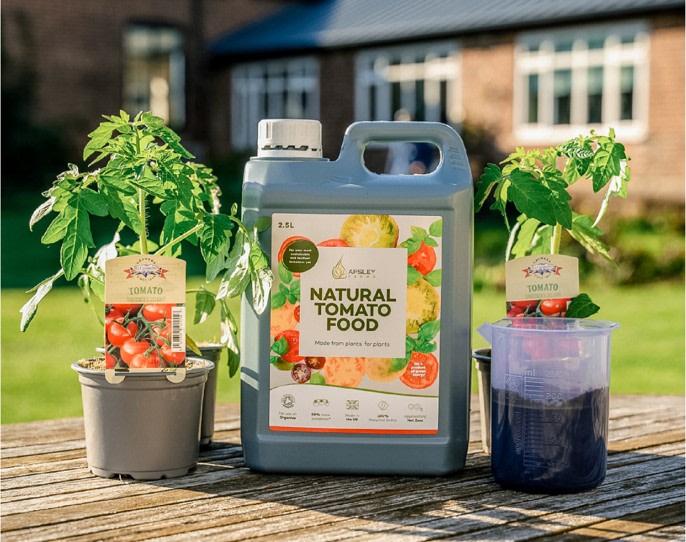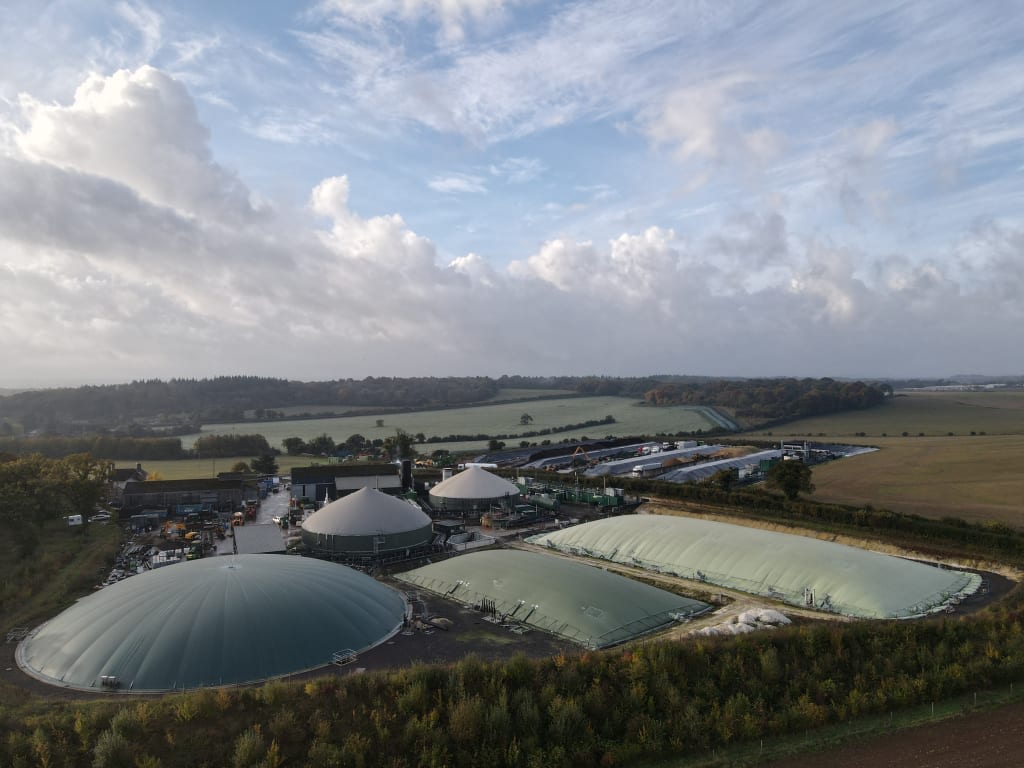When is the best time to feed your tomatoes?
The best time of year to feed tomato plants in the UK is during the active growing season, which typically spans from late spring to early autumn. This period encompasses the warmer months when tomatoes are actively producing foliage, flowering, and fruiting.
In general, you can start feeding your tomato plants with our Natural Tomato Food around two weeks after transplanting them into their final growing position. This usually falls around late May or early June, depending on the region and prevailing weather conditions. Feeding at this stage helps provide the plants with the necessary nutrients to support their growth and development.
You should continue to feed your tomato plants every week throughout the growing season with our nutrient-rich liquid feed which is 100% sustainable, peat-free and enriched with Fulvic acid and Magnesium to help your plants perform. Regular feeding with the recommended dosage of 250ml in 4.5L water during this period ensures that the plants receive a consistent supply of nutrients. These nutrients support healthy foliage, flower formation, and fruit production.
It’s important to note that tomato plants have different nutrient requirements at different stages of growth. For instance, they may benefit from higher nitrogen levels during the vegetative stage to promote leafy growth, while a higher phosphorus and potassium ratio is often recommended during flowering and fruiting stages to support blossom formation and fruit development.
Click here to buy our Tomato Food and find out more about the Natural Plant food range here

Sustainability and efficiency is at the heart of everything we do at Apsley Farms. We’ve adopted cutting edge technologies and turned low value crops into renewable energy. We focus on a circular economy by returning the nutrients in our digestate products back to the land as a fertiliser.
Our process of generating green gas and other important by-products ticks three important boxes: it displaces natural gas (fossil fuel) in the gas grid to heat people’s homes; it displaces CO2 made by the fertiliser industry, which is essential in the food industry; and it simultaneously generates natural fertiliser in the process!

